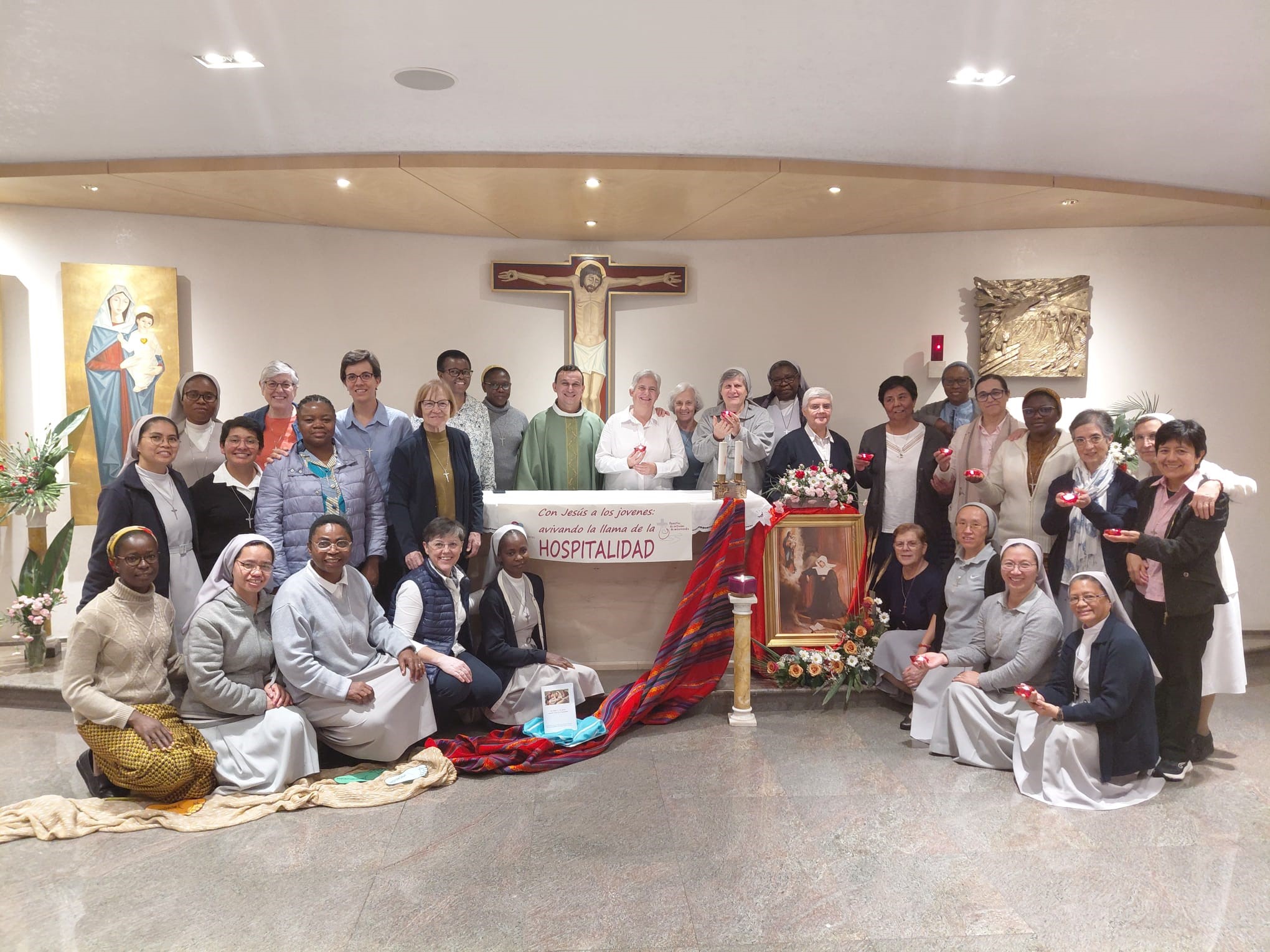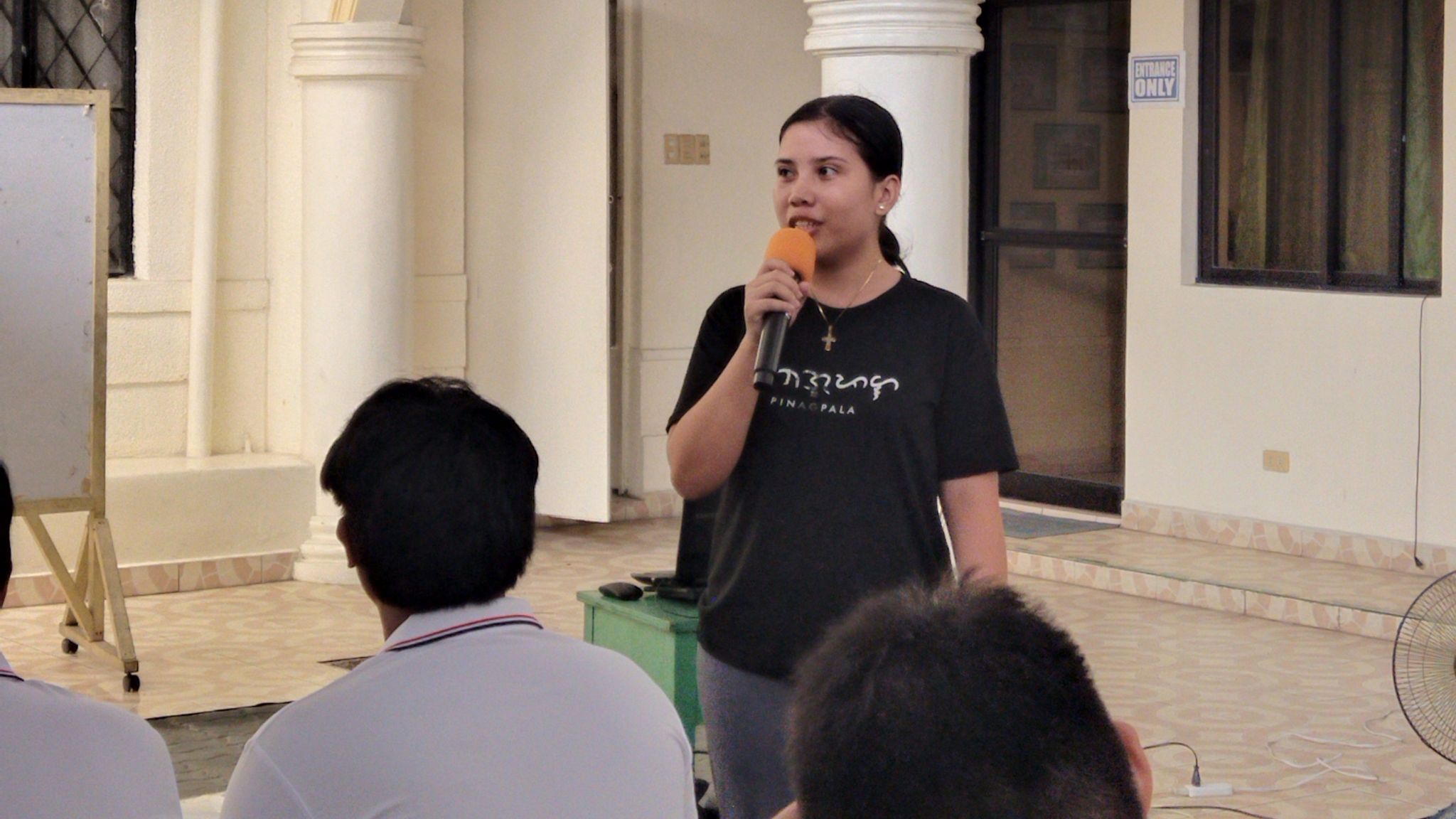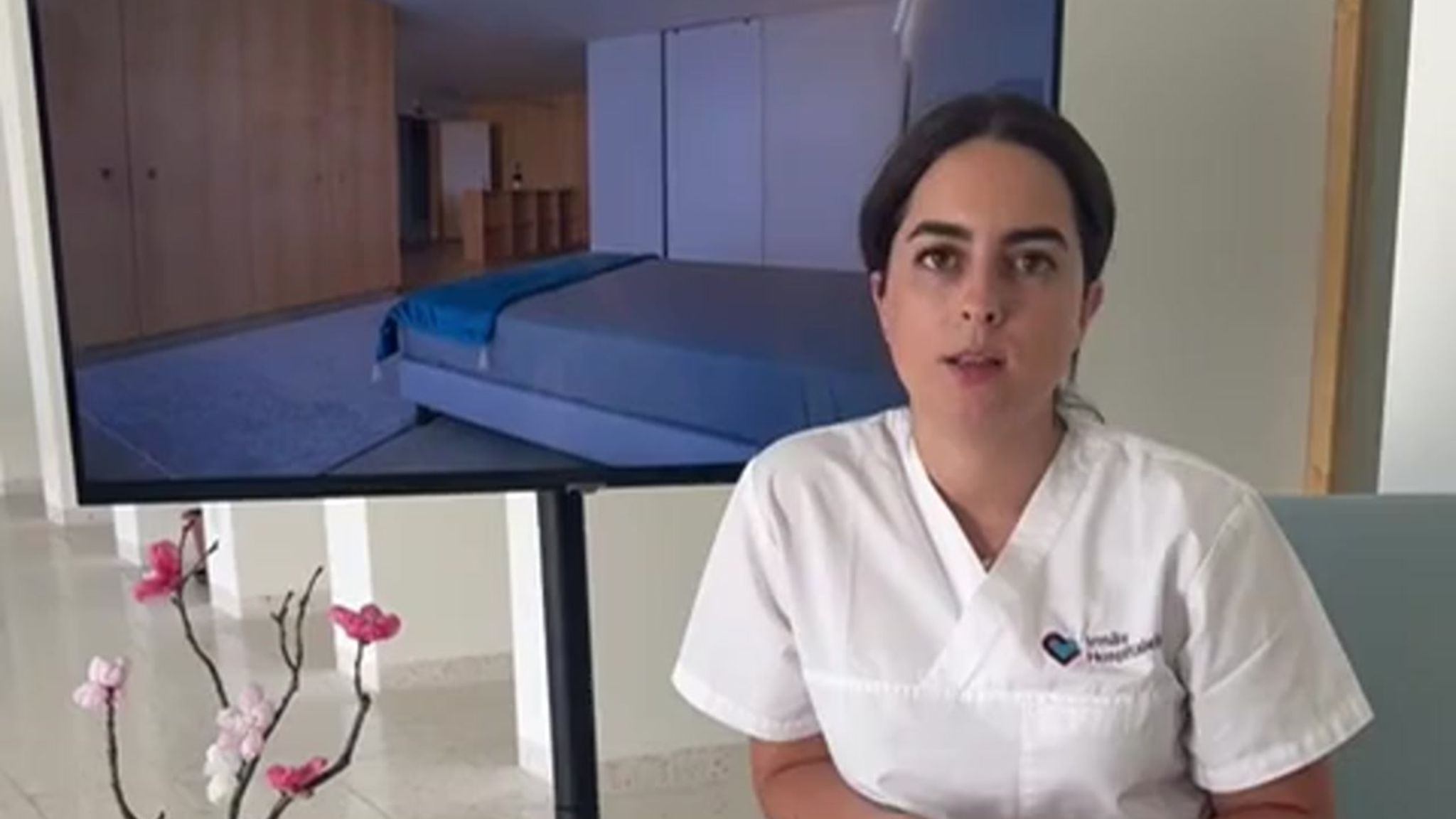Did you know that a well-structured activity plan can help a person regain their functioning at work, in relationships, and in stress management?
We introduce Dr. Bonanni Maria Cristina, rehabilitation technician at the Villa San Giuseppe Hospital nursing home in Ascoli Piceno, who tells us about how, together with a multidisciplinary team, they work in psychiatric rehabilitation: we will learn about the process they follow to assess patients, create personalized therapeutic plans, and the interventions they apply, such as psychoeducation, cognitive rehabilitation and social skills training.
Could you briefly describe what your work as a psychiatric rehabilitation technician at the Sisters Hospitallers Hospital involves?
My work as a psychiatric rehabilitation technician in the residence involves receiving the user, evaluating their functioning, and defining the chosen rehabilitation intervention based on the information collected. Interventions can be group or individual, as long as they are agreed upon and shared with the user.
How do you integrate the charism of the Sisters Hospitallers into your daily work with patients?
I integrate the charism of the Sisters Hospitallers through collaboration, solidarity, active listening, empathy, support, and containment, accompanying the user step by step throughout the care journey and the coworkers in a relationship of continuous personal change and experiential growth.
From a professional point of view, what are the main techniques or approaches you use in psychiatric rehabilitation to accompany patients in their recovery process?
The main techniques I use are cognitive-behavioral approaches aimed at modifying dysfunctional behavior for a functional one. Within the rehabilitation service, I conduct various activities such as personal, social, and global functioning evaluations to identify deficient areas, informative sessions on psychiatric disorders and their treatments (psychoeducation), cognitive rehabilitation (Cogpack, R.O.T., sensory rehabilitation) to stimulate and/or maintain residual cognitive abilities, and social skills retraining (social skills training) to increase the quality of life perceived by the user in terms of work/employment/training-self-care/environment-leisure management-emotional management-effective communication.
How do you think psychiatric rehabilitation can transform the lives of people with mental illnesses?
I believe that mental illnesses have a strong impact on people’s lives by causing significant pain and loss. By following a well-structured plan of planned activities, the person contained and stimulated daily can return to functioning in many areas such as work, social relationships, family relationships, and stress management, frustrations, and emotions.
Is there any recent or ongoing project at the center that you would like to share with us?
I have always been interested in exchanging ideas with other Italian and non-Italian houses of the Sisters Hospitallers to observe and learn new clinical coping methods and strategies, build new interpersonal relationships, learn about new cultures, and refine or learn new languages. Additionally, I am interested in involving them in the Montagnoterapia project in which I am personally involved, also to share an annual co-presence.
What has been the biggest challenge you have faced while working in psychiatric rehabilitation and how have you overcome it?
I have often encountered limitations and difficulties; over time, I have worked on my impulsivity to mitigate it, and I have worked extensively on teamwork and collective needs analysis. We are often so focused on our own needs or the desire to quickly climb positions that we forget that we all choose helping jobs because we are motivated by the belief in change. Others immerse themselves too much in others, surpassing therapeutic boundaries, excessively worrying about the needs of others or substituting themselves for family figures. They overload these figures and then pay for it with a sudden drop in energy and resources when they feel overwhelmed. This also harms the patient, who already has their attachments and only needs guidance with firmness and clarity, without double messages that confuse them. Over the years, many forget where their choice of work comes from and drift away from the values of equity, justice, transparency, solidarity, and humanity. It is certainly still challenging to find and understand the appropriate distance or the right moment for closeness; it requires immense flexibility. That is why I believe we also need psychological support to stay within the guidelines of good practices.
Can you share any anecdotes or experiences that have marked you during your work with the Sisters Hospitallers?
I would like to share with you the story of a woman who was admitted in 2016 for a postpartum mood disorder. She arrived at our facility mute and delirious. Every day, I conducted individual cognitive rehabilitation sessions with her; the first days were difficult as there were no signs of participation. She wrote one word for every ten since giving birth and even wrote poorly, hardly speaking words softly. However, I continued every day, for an hour every two days, with pencil-and-paper exercises, sensory stimulation evoking pleasant past memories, creating temporal-spatial connections, touching different materials, smelling various scents. After two months, she was writing and speaking correctly and fluently. Her mood had stabilized, and her delusions had faded; her mind had become bright again. In my heart, I felt joy for persevering, for not giving up, and not listening to those who told me, “But who forces you to do it? Don’t you see it’s useless? Your work is a waste of time! Don’t you see she doesn’t understand anything?”
How do you think the motto of the last General Chapter, “Clothe yourselves with hearts of mercy, prophetic signs of hope for suffering humanity,” is reflected in your daily work as a psychiatric rehabilitation technician?
Solidarity, mercy, and hope should represent for me the good example; ‘the good social model’ should know how to welcome with kindness, dialogue with goodness, actively listen, participate with interest, and dedicate time to others in dedicated spaces. Lastly, we must respect personal space, emotional boundaries, and maintain the least critical attitude possible.
What message would you like to give to people who have family members or loved ones with psychiatric illnesses about the importance of rehabilitation?
I would advise the families of people with mental disorders not to protect themselves by omitting and denying important information, as this delays the start of treatment. I encourage them to have the courage to seek help, to accept, and not to judge. I advise them to participate in the journey of care and change day by day alongside the team caring for the person with mental distress (doctors, nurses, technicians, educators, OSS). Only through transparency and continuous collaboration can therapeutic goals be achieved.


